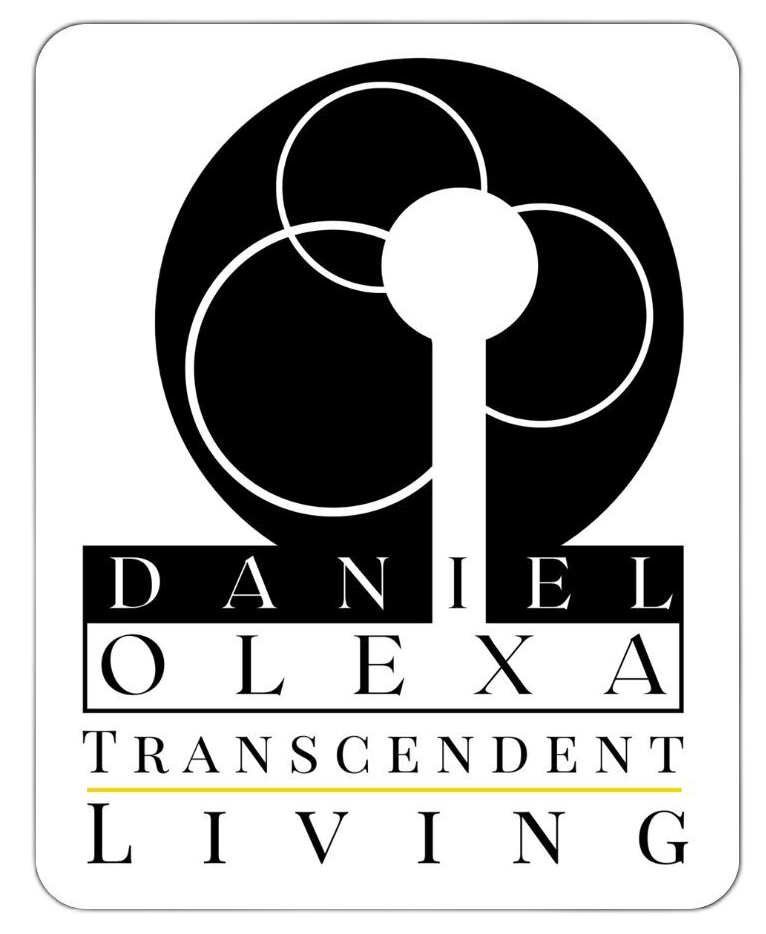Why You Feel Ashamed to Ask for Help. And Why That Shame Blocks Your Transformation
Image by Med Ahabchane from Pixabay
In my previous article, I mentioned the idea of how shame blocks intelligent, capable, high-achieving, driven individuals from reaching out for help.
I’ve been there. I remember what it was like to shut down my feelings and to talk myself out of asking for help, which just kept me stuck in the same shame loop. It felt like a cycle of nothing changing…but something was.
What was changing was that I had been spiraling deeper down a hole of self-sabotage fueled by the idea that I wasn’t good enough because I didn’t seem to have the answers, or because I hadn’t ‘arrived’ yet.
That loop stopped, and I bounced back, when I gave myself permission to get help figuring it all out.
One of the things that doesn’t always get talked about in this work is that those of us who serve others have walked through personal hells on our way.
Much like Buddha and other ascended masters who rose and returned to help others rise, our mission is to guide from experience; to offer perspectives so that you can discover your strength and path forward.
As one client, desperate for direction said to me, “Can you teach me your ways?”
I said, “No. But I can help you find yours.”
What Shame Around Asking Looks Like
When we don’t feel like we have all of the answers, our immediate human response is typically a story centered around “I am not enough.”
Culturally, we’re told (particularly men) that we must have our shit together constantly. We carry that weight of expectation as both a North Star goal and a burden. The North Star inspires us to be and do better, it’s a symbol of how we want to be. When viewed as a burden, our attention goes to the gap between who we are and who we think we should be.
And therein lies the fertilizer for judgement.
It’s a pretty simple process:
I’m supposed to have it all together
I don’t, so…
Therefore I am not good enough.
That little loop gets rooted in our psyche and controls our narrative around asking for help.
Either, we’re not good enough to ask for/receive help because we don’t have it all together; or if we ask for help someone will think we’re weak.
That leads us to avoidance strategies (skipping coaching calls, shutting down the idea to even look for help, or pretending “I’m fine…” and pushing away those who want to help.
Why Shame Has Power: Where It Comes From
I grew up in the late-60s and early-70s…right at the end of what I call “The John Wayne Era” in American culture.
My parents grew up during the Depression. They lived through WWII. They served in the military and in support of soldiers during the Korean Conflict. Through it all, they learned to ‘suck it up and deal.’
There was no time or place for feelings in that household. Crying was dealt with via a sharp hand and cold command to “STOP IT!” or with the threat, “If you don’t stop crying, I’ll give you something to cry about.” (Like that ever helped any situation.)
I’ve shared this story before, and I am always shocked by how many people tell me they had the same experience growing up. People of very diverse backgrounds…all with the same childhood story.
That means this idea, these experiences are beyond family systems; they’re embedded in cultures, they’re impressed in time and experience…they’re handed down as ‘Truths’ from those who wish to protect us. We carry them as though they are ours, but they really belong to those who first shared them with us.
From there, we base our perceptions of ourself from outdated information and frame ourselves as lacking, especially when we look at someone else’s projections of success.
Unless these ideas are met in conversation with non-judgement, they’ll just continue to grow and look for more data to validate their perceptions.
How Shame Shows Up in the Coaching Room / The Growth Journey
The work of coaching, really of any conversational service, gets done in rapport. The more comfortable a client is with the provider, the more they trust them, the deeper they will allow themselves to explore.
The client will embrace vulnerability as the path through, rather than be embarrassed by it and choose the path of avoidance.
So what happens then?
· You won’t share what is really bothering you.
· You’ll stay on the surface, hoping a new habit will fix your life (the band-aid approach to a hemorrhage).
· You’ll ‘wash-rinse-repeat’ what you’ve been doing, hoping to find a way out of the cycle, but just treading the same ground over, and over, and over, again.
· You’ll avoid sharing your dreams, worried you’ll be judged for aspiring to them, with a sheepish, “I don’t know…”
That’s not a recipe for progress.
What Helps Disarm Shame
In most fantasy and horror writing, one classic trope is that naming a demon will take away its power. Shame is the same.
When lurking in the shadows, shame keeps us small by telling us we’re weird or not good enough. Once you name it, this annoying little voice loses its ability to control you.
Here is a key idea for when you speak your awareness. Do your best to NOT say, “I am ashamed of myself/my actions/etc” as “I am” is a powerful declaration of self.
Instead, own your feelings. “I am FEELING ashamed…” This subtle shift give you control over your experience – you can change how you feel, rather than allowing your feelings to appear in control of you.
Another helpful shame-disruptor is working with a coach/mentor/therapist who normalizes the experience. Every single person on the planet has felt this feeling at one time or another, but we feel alone when we’re in it because very few people ever talk about it.
Behind the masks that human beings present to the world, suggesting that they ‘have their shit together’ is a deeper wound and wondering about their worthiness. The mask just keeps it hidden from others (because we certainly don’t want anyone else to know we’re struggling, do we?)
The Gift on the Other Side of Shame
“If you want to go fast, go alone. If you want to go far, go with others.”
Community can help disempower shame. Conversation, non-judgmental conversation, can dismantle its hold on us. Acceptance creates transformation.
Asking for help is a sign of strength. Embrace it.
Unlike what we’ve been told culturally, vulnerability is not weakness, it is strength. It’s knowing when you need help and that your capacity to hold it all together is beginning to crack.
That’s where growth begins…when you allow the old shell to finally break open.
Action Steps
Not if, but WHEN you are ready, here are some steps you can take to discover what exists for you on the other side of shame.
1. If you’re noticing shameful feelings or thoughts, ask yourself,
a. “What version of me is feeling this way/saying these things?”
b. “To which version of me is it directed?”
c. “Where am I in relation to this conversation?”
2. If the shame no longer existed, who would you be, what would you be thinking/feeling, and what would you be doing?
3. If another person said the same words that you are saying to yourself, what would you say back to them? (If you’d tell them to F-off, why are you allowing yourself to talk to you in this way?)
4. Reach out for a conversation. You can connect with me here.


